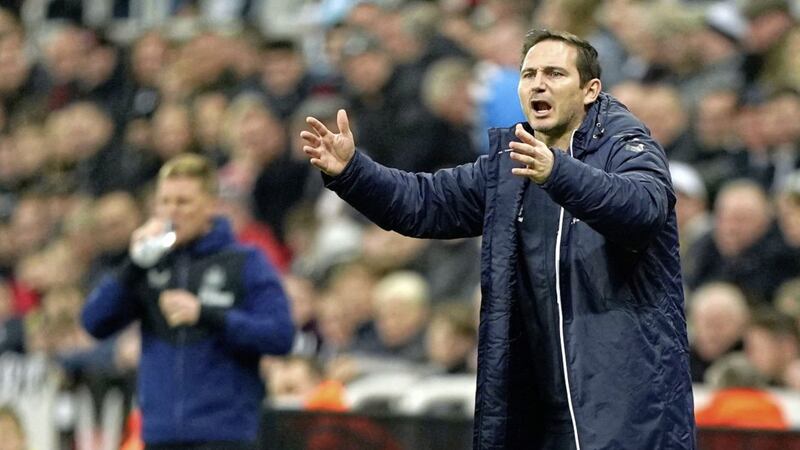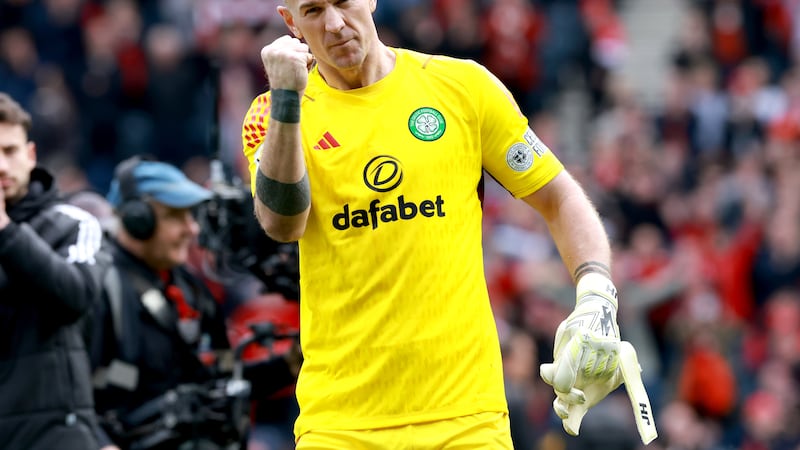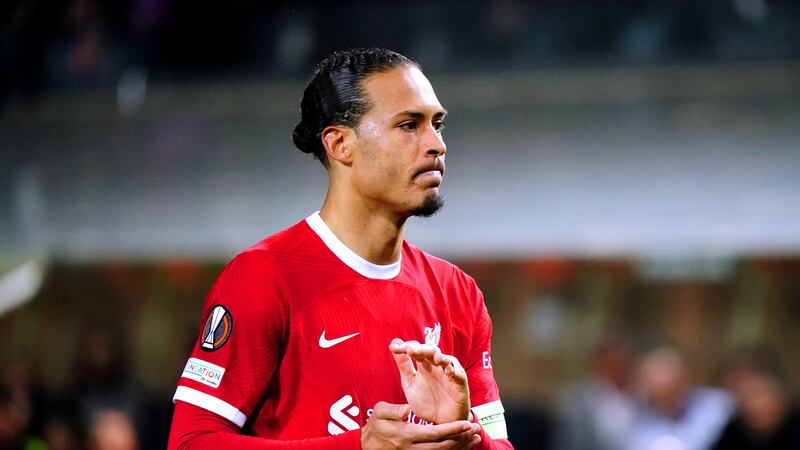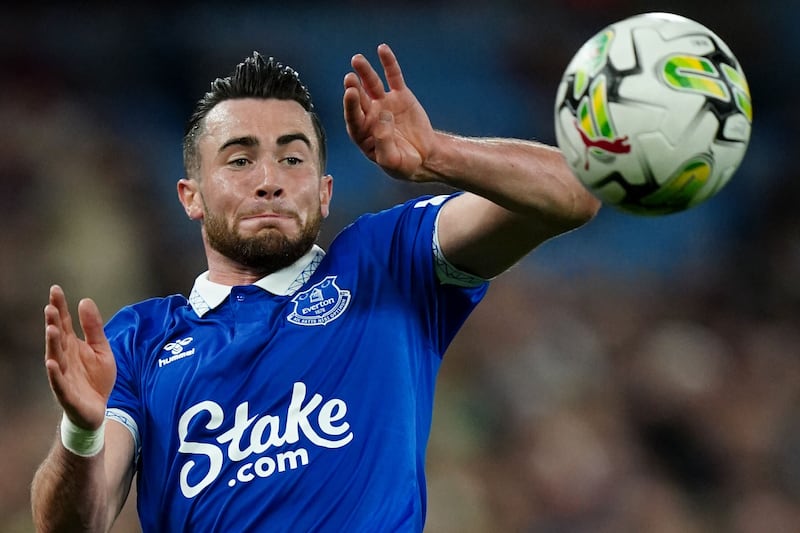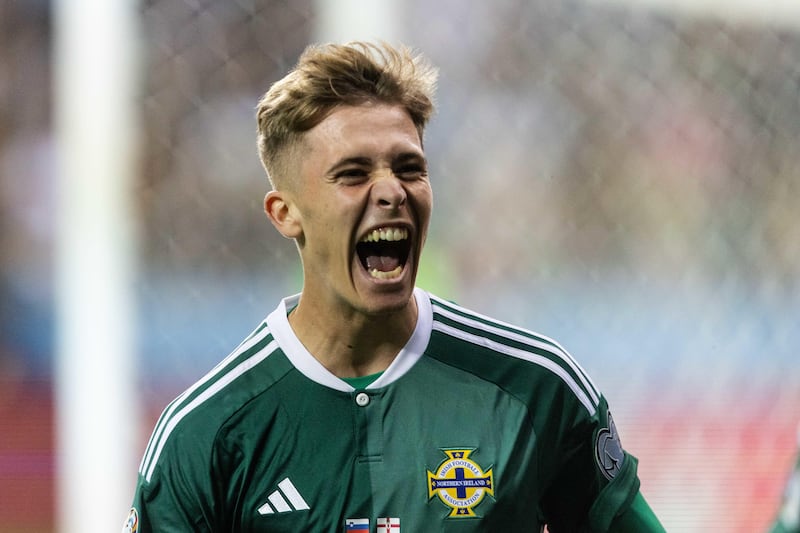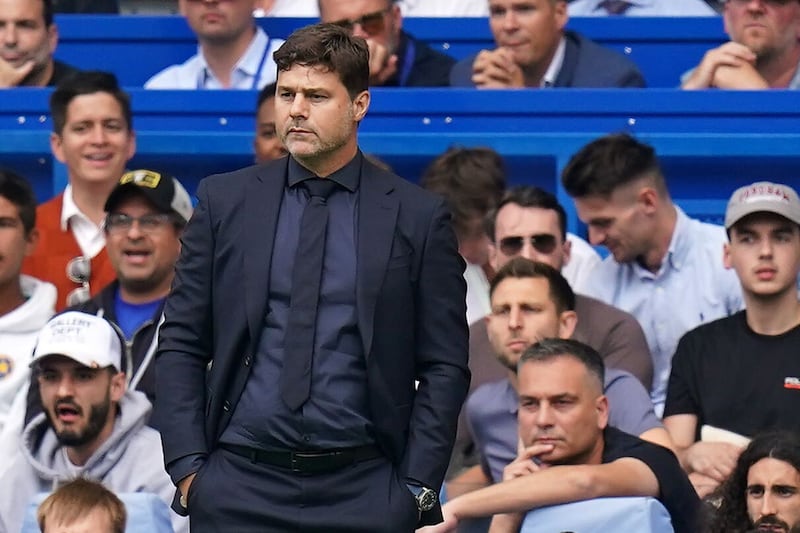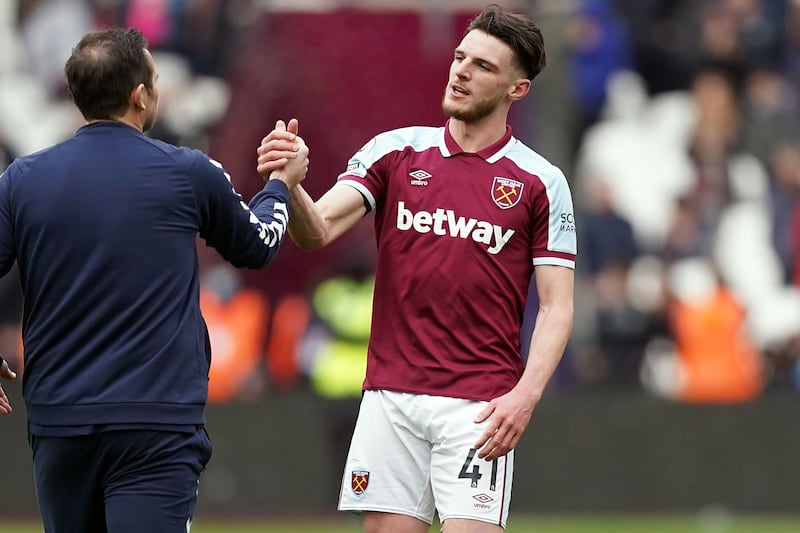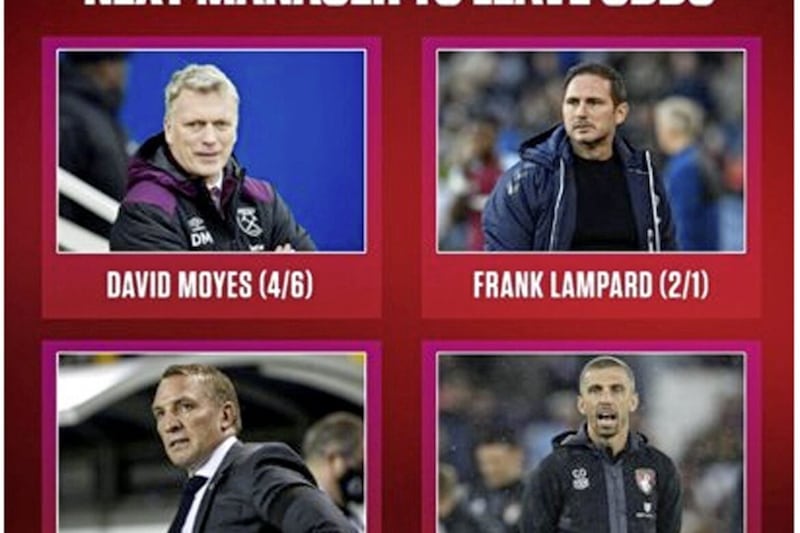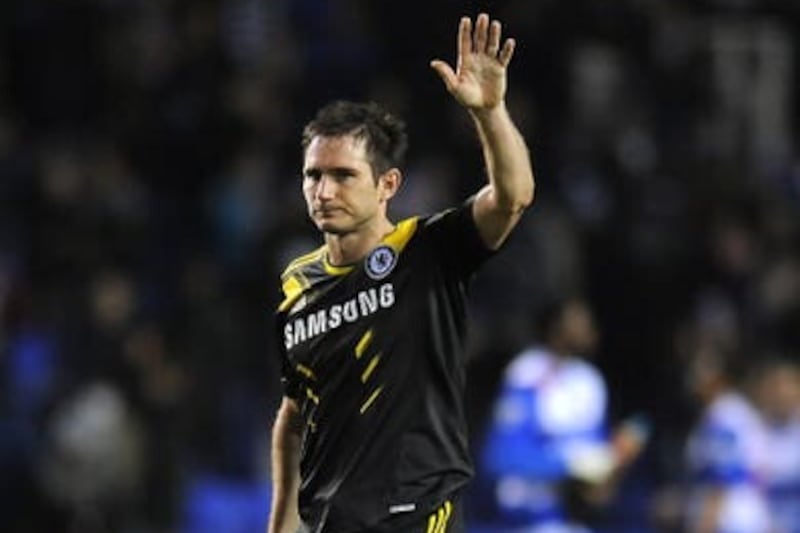THE late Gerard Houllier once said that the most important 30 seconds in a manager's week are his post-match comments on TV.
The Frenchman was extremely intelligent, but that was a silly remark.
'Frame the narrative' all you like, it never changes results, certainly not of the match just gone, and rarely of the one to come.
Houllier had a point, of course, that managers could influence officiating in future games by complaining about 'controversial' decisions which went against their team, by implying that they don't get the penalties they deserve, or that their opponents get them too easily.
Yet the greatest managers know that their job is really about assembling good players, improving them in training, and sending them out with a system of play that suits them and which they understand and can implement effectively.
All the talk, chat, debate, discussion, arguments, and analysis are mere sound and fury, signifying nothing.
Shakespearean scholars will know that a few words earlier Macbeth says that 'It's a tale told by an idiot…'
Most managers are far from being idiots, of course. Most of them are pretty smart guys.
However, one wonders about the wisdom of the (current) Everton boss (at the time of writing) Frank Lampard throwing his players under the proverbial bus after their 4-0 FA Cup thrashing at Crystal Palace (which extended the club's trophy drought to 27 years).
Lampard had an expensive education, but he wouldn't have passed Management 101 when he literally questioned the testicular presence of his players, pondering: "There is only so much you can keep trying to butter someone up to get confidence. You're playing at the cut-throat end of football; this is the FA Cup quarter-finals.
"If you haven't got the confidence to play, you can flip it and say: 'Have you got the bollocks to play?' Apologies, but that's the football term."
Lampard went on to pass the buck as quickly as he ever passed a ball, declaring: "It's a challenge because it's been there quite a long time before I got here. I don't have a magic wand to get inside people's heads and change the resilience across a whole squad. That's a work in progress."
Eddie Howe, who I've argued for years should have been the manager for Everton (or even Manchester United) to appoint, has shown the progress that can be made in his short time at Newcastle United.
Sure, Howe was given money to spend - but Lampard was allowed to bring in Donny van de Beek and Dele Alli, from Manchester United and Tottenham respectively. Those two midfielders were 'cup-tied' at the weekend, but they've hardly impressed for the Goodison club.
Nor has Lampard, with only two wins - and five losses - from seven league games in charge, when he's largely had striker Dominic Calvert-Lewin available again.
Yet plenty of pundits are still excusing 'Frank' while blaming his predecessor 'Benitez'; the main problem, of course, is a badly-run club.
Still, great managers, rarely, if ever, slate their players in public.
Frank Lampard is not a great manager.
Great managers don't need to slate their players in public.
Anyone with a titter of wit knows that what managers say in public can be very different from the words they utter in private.
The legendary Alex Ferguson infamously labelled most of his Aberdeen players - apart from centre-backs Willie Miller and Alex McLeish - "a disgrace" after the 1983 Scottish Cup Final. A game they won 1-0 against Rangers.
Years later he admitted that might have been aimed at demoralising the Ibrox men even further, showing how high the standards were at the Pittodrie.
Managers who publicly castigate their players after a loss are taking a much bigger risk, though.
Lampard might be attempting to provoke a positive response from Everton. Yet he may also have 'lost the dressing room'.
It certainly doesn't inspire confidence for him to admit that he's struggling 'to get inside people's heads and change the resilience across a whole squad.'
That surely has to be part of a top manager's skill-set.
In the GAA, I don't recall Mickey Harte ever criticising any of his players in public, no matter how bad the result. At most, he would attribute defeats to a collective failing of team and management.
Like many bosses he did, of course, blame the referee on occasions, although he usually had a legitimate gripe.
This column pointed out around a year ago that Ole Gunnar Solskjaer was a rarity because he was often honest in his post-match interviews, accepting that his team hadn't played well, admitting when officiating had favoured Manchester United, acknowledging that referees had a difficult job and couldn't get everything right, even with the help of technology.
Yet, as the pressure increased on him, he became like most of the rest: moaning about marginal decisions, quibbling over throw-ins a minute before a goal was scored, implying that referees were out to get them (even though Man Utd still get far more penalties and free kicks per foul than almost every other team).
The Gaelic Players Association's recent boycott of post-match interviews has been supported by most managers, as hard as that must be for some.
Many don't hold the media in high regard, but they do love the limelight.
Some managers are almost always interesting. I'll not name names in order not to offend the fragile egos of those who aren't listed but, readers, you know who they are.
Others, though, only speak to the media to further their own agenda.
There's a certain irony, though, that this GPA boycott has, probably inadvertently, targeted those who are really to blame for the expenses row: the managers.
No GAA player should be asked to train more than four times a week, but too many county boards won't stand up to those who dictate such a Stakhanovite effort from their squads.
When managers do talk again, it would be interesting to hear some of them explain how flogging players is in keeping with any belief in player welfare.
That would be worth 30 seconds of anyone's time.

